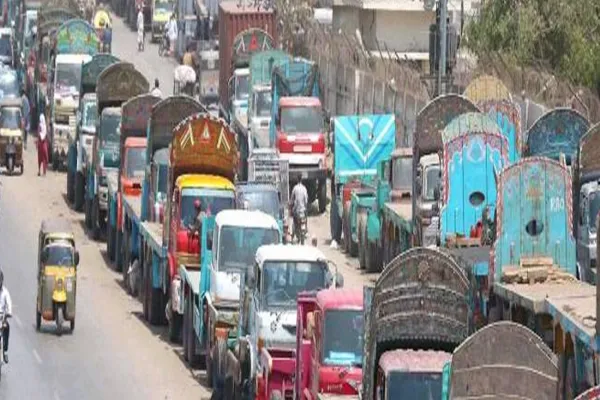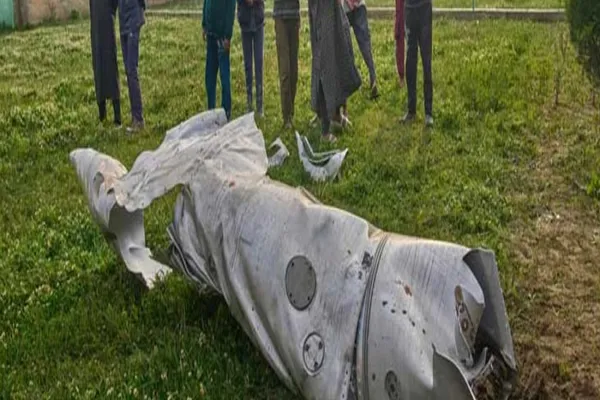i NEWS PAKISTAN
A new report by UNICEF finds that ensuring a consistent energy supply for health facilities in Pakistan could save over 175,000 lives by 2030 and contribute US$296 million to the economy by 2044. The report, titled "Reliable energy to save 175,000 lives, boost Pakistan's economy," emphasizes the importance of "resilient energy" - reliable, flexible, and accessible power that can withstand disruptions like power outages and floods. This type of energy supply is crucial for improving health, education, and water services across Pakistan. The study, conducted by the Economist Impact Unit, estimates that investing in resilient energy could yield returns up to three times the initial investment. The report highlights benefits beyond just healthcare. Providing stable electricity to schools could reduce dropout rates and improve learning outcomes, potentially adding US$2.3 billion to the economy by 2040. This is particularly relevant considering Pakistan's recent declaration of an education emergency, where millions of children are out of school. Resilient energy could also power nearly 20% of off-grid schools in two provinces. Pakistan has faced extreme heatwaves recently, with temperatures exceeding 50 degrees Celsius. This strains the power grid and makes it difficult to maintain cooling systems in hospitals and schools, endangering children's health.
"Children rely on schools, health centers, and safe drinking water, but these facilities often lack a stable electricity supply," said Abdullah Fadil, UNICEF Representative in Pakistan. "The current heatwave has pushed electricity needs to their limits, threatening children's health. This research highlights the need for resilient energy solutions that protect children's lives and boost the economy." The lack of reliable power is a global issue, with 3.5 billion people lacking access, mostly in developing countries. Power outages disrupt critical services like surgeries and clean water supplies. Climate change further complicates the situation, as seen in the 2022 Pakistan floods where nearly half of the water infrastructure was damaged. UNICEF has been working to restore water systems using smarter designs, with new wells built above projected flood levels to minimize damage. The UNICEF study concludes that fully utilizing resilient energy can improve water quality and supply in remote areas, reduce power outages, protect children from diseases, and enhance agricultural productivity. These improvements can significantly benefit families and communities across Pakistan, paving the way for a more stable and prosperous future.
Credit: Independent News Pakistan









